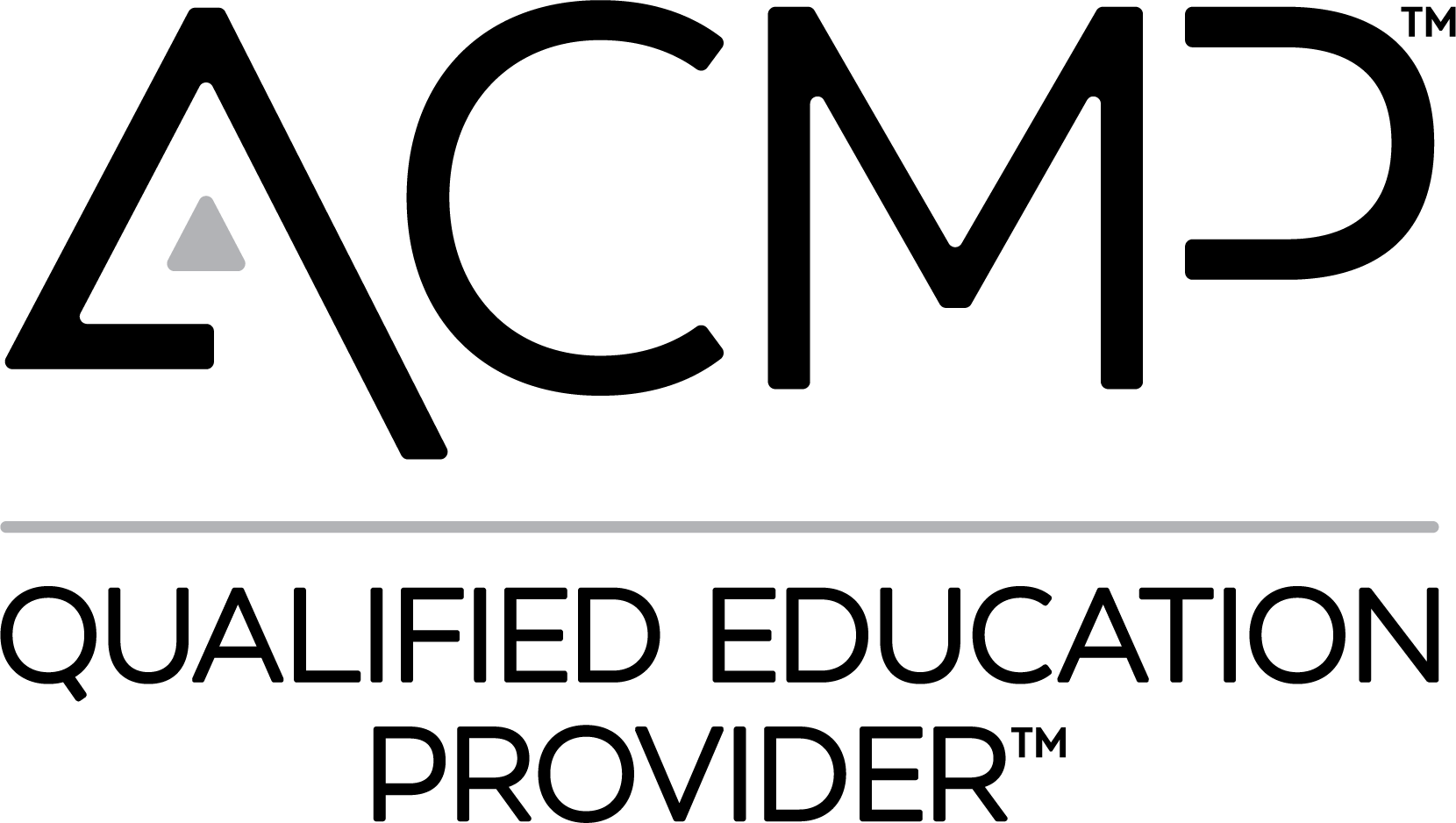In the U.S. alone, the beauty and personal care industry is an $85 billion market, with the self-care market at $450 billion; through 2026, the overall market is expected to grow at a compound annual rate of 3.93 percent.
If you purchased the best, most fuel-efficient, high-powered, low-maintenance vehicle in the world, you’d take excellent care of it. When an indicator light comes on, you call to schedule a maintenance appointment. When it approaches ¼ tank full of fuel/energy, you look for places to recharge (or maybe you even plan out recharging before the long trips). You store it appropriately, away from harsh weather. You touch up paint from rocks in the road. You rotate the tires, get your brakes, fluids, and parts regular maintenance, and expect everyone else to respect your vehicle too. You take pride in this vehicle which is the best in the world at what it does. Guess what? You already own and operate that vehicle. It’s you.
Your body is more fuel-efficient, adaptable, resilient, high-powered, and has lower maintenance than anything anyone can buy. Yet an indicator comes on, and you ignore it (“it doesn't mean much"). You wear the tread down on your tires, routinely expose it to the elements, and allow yourself to run on low fuel, regardless of whether or how frequently you maintain yourself. Because you don’t have a choice, right?
You know proper sleep, nutrition, exercise, human connection, and relaxation are vital for continued resilience and overall health. Still, they are the first to go when there’s a deadline. Suffice it to say you do have a choice. As a Harvard Business Review author, Liane Davey says, “Investing in your resilience isn’t indulgent; it’s mission critical.”
Part two of the six-part trademarked C.H.A.N.G.E. traits series covers “H is for Hungry." If the value estimation of the self-care industry tells us anything, you are free to increase your appetite for growth. We’ve all said, “I’m too busy, I don't have time for…”, “It costs too much…” regarding the commercialized pitch towards self-care. Destination self-care, similar to destination happiness, is a trick you play on yourself so that you make the needed adjustments when it calms down. When things are least calm, you require an appetite for growth by prioritizing your most basic needs.
“Almost everything will work again if you unplug it for a few minutes, including you.”
Anne Lamott
Most leaders are familiar with hard, long hours and consistent work. The language used around self-care, Davey says (the “I can’t afford to… take time for myself” or “sleep for 7 hours” or “take a walk outside”) casts the very investments you deem as pragmatically necessary as contrary to the benefit of your organization. What type of message are you sending when you do this? In the case of sleep, it costs nothing and yields dividends to the person enjoying the off-time. Sleep is the ONLY time your body has a natural opportunity to repair and recover.
A recent 2022 study in Brain Science Advances addresses how vital sleep is to our physiological health, psychological health, and perceptions of both by highlighting sleep accounts for a third of our lives. Take a moment to think about that; one-third of our lives is ideally devoted to sleeping. To put it in perspective, this is more time than you work or spend with your family. Therefore the quality of, habits surrounding, and the importance we place on protecting this time must be proportional. Multiple studies of sleep in 2022 highlight a person’s immune response, burnout rate at work, and efficacy of vaccines to all correlate with the quality and length of sleep one experiences daily.
The benefits of healthy nutrition date back over 2000 years to the father of medicine, Hippocrates, who famously is quoted saying, “Let food be thy medicine and medicine be thy food.” Now more than ever, when we work longer hours, are more accessible (reading this on your phone, perhaps), and have less separation between our work and personal lives, fuel matters. You wouldn’t put the lowest grade fuel into your expensive car for a harrowing day of hills and long mileage, yet we ask our bodies to not only operate on poor fuel but less and less of it in times of stress.
The CDC’s most recent reports on physical activity say daily exercise can improve sleep, improve brain health, improve your ability to do everyday activities, reduce the risk of disease, help manage weight, and strengthen bones and muscles. Immediately after moderate-vigorous activity of ANY amount helps improve cognitive function for kids 6-13 and reduces short-term feelings of anxiety for adults.
Through any Change Enthusiasm practice, the first step is recognizing your feelings as a signal for potential growth. Are you feeling burned out, lacking sleep, feeling like I’m talking directly to you about poor gas and treatment of the world’s best machine? Step back and validate your feelings as honest and worthy of attention. Your body is trying to tell you something. We have grown increasingly superb at ignoring signals until BAM, sickness, and we have no choice but to get our machine to the shop for tune-ups or even greater, more extensive work. Take time each day, however small, to check in with how you are feeling, inside in your body: What do you feel in your muscles? Do you feel hydrated? Where are your holding your tension? Next, check inside your mind: Do you feel like a non-stop ticker tape of to-dos or a sense of calm? How are your mind and body linked? Give each of those feelings a name, either out loud or written down. Once named, you can view it with clear eyes.
“I have come to believe that caring for myself is not self-indulgent. Caring for myself is an act of survival."
Audre Lorde
Pay attention to the language you use around your self-efficacy to provide you with basic needs of rest, nutrition, exercise, and kindness (I don’t have time, I can’t afford to). No one is eavesdropping on you more than you. Your brain will go to great lengths to make you right. If you say you don’t have time, you’ll see all the obstacles that take time away (and your brain will ignore any counter-evidence). If you say you will create the time because your health is important to you and you know you need more rest to be healthy for yourself and your family, you will see 5, 10, and 15-minute intervals where you can check out and reset your mind and body.
As you continue these daily check-ins and language tune-ups, the odds are in your favor if something is awry. Look for a short-term remedy in rest, movement, or fuel. Choose to look for opportunities to prioritize these self-care practices. These daily check-ins can help you become more in tune with your self-care needs so that when more significant stress arises, you have the tools and practice.
As a leader, you set the example for healthier and happier coworkers and teams within your organization. Erik Erikson wrote, “There are certain individuals who, in the process of resolving their inner conflicts, become paradigms for broader groups.” Feelings are contagious. When one person feels great and spills the secret of simple daily habits and creates a safe culture to explore avenues of health, it‘s amazing how quickly others will catch on within a positive culture of learning and growth. By prioritizing your self-care, you can invite others to prioritize theirs, which has a ripple effect on families and beyond your direct sphere of influence. Staying hungry for self-care means being a voracious consumer of new ways to increase your desire and capabilities to meet your needs.











